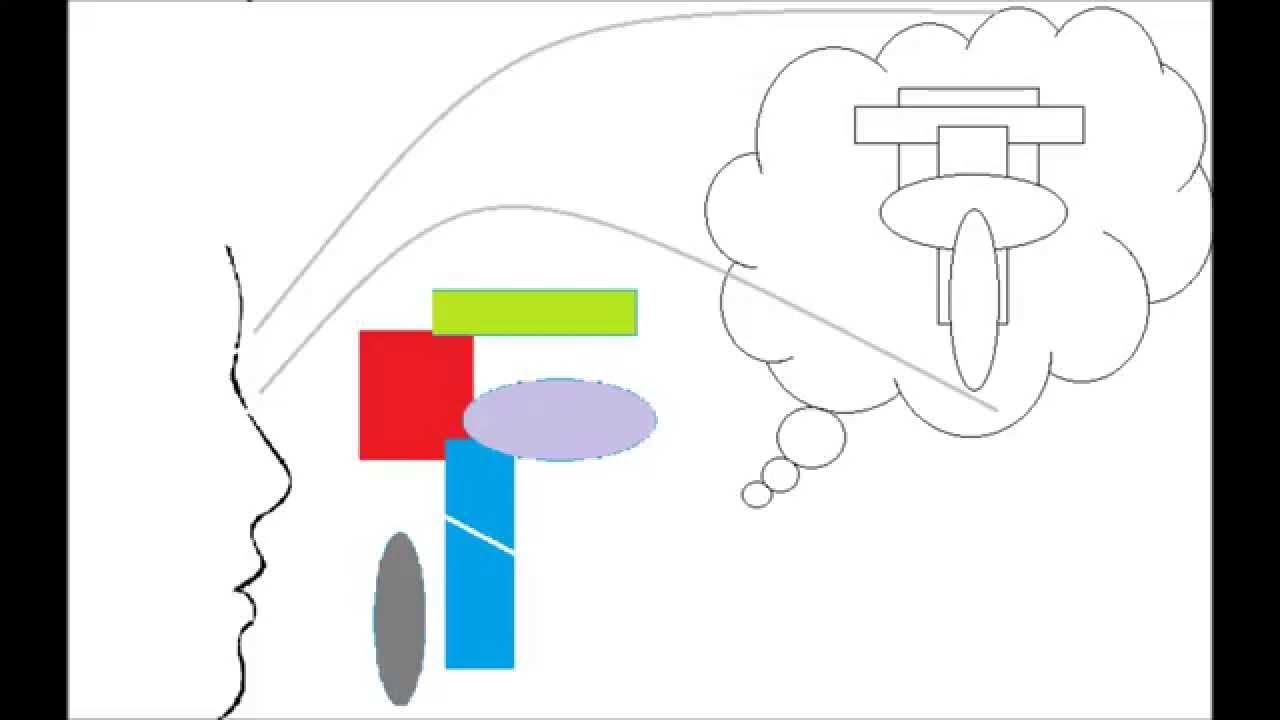ENTJ, I COMMAND you to....
Summary
TLDRThe speaker, an INTJ, discusses their admiration for ENTJs and the value of developing extroverted thinking as advised by Personality Hackers. They share insights on cognitive functions, emphasizing the importance of balancing introverted and extroverted aspects for personal growth. The transcript covers the characteristics of ENTJs, the significance of understanding one's Myers-Briggs type, and offers personal coaching and type verification services for further exploration of personality development.
Takeaways
- 😀 The speaker is an INTJ who admires ENTJs and tries to emulate their characteristics, particularly their boldness and efficiency.
- 🤔 The speaker emphasizes the importance of developing one's 'co-pilot' cognitive function, which for INTJs is extroverted thinking, to complement their natural inclinations.
- 🔍 The Myers-Briggs personality types are based on Carl Jung's cognitive functions, which describe how individuals perceive information and make decisions.
- 🛠 ENTJs are characterized by their extroverted thinking (Te) as their dominant function, which drives their goal-oriented and productive nature.
- 🌟 The speaker admires ENTJs for their ability to accomplish tasks and lead effectively, creating order and efficiency in groups.
- 🧠 The cognitive functions of introverted intuition (Ni) and extroverted sensing (Se) are described as complementary, offering a balance between future vision and present experience.
- 💡 The speaker suggests that ENTJs might benefit from integrating their introverted feeling (Fi) function, which can help them understand their own and others' emotions better.
- 🚶♂️ The script discusses the importance of balancing extroversion and introversion for personal growth, likening it to the need for both food and water.
- 🛑 The speaker warns of the potential pitfalls of over-reliance on dominant functions, like workaholism in ENTJs, and the neglect of personal values and feelings.
- 🌱 The importance of self-reflection and self-care for ENTJs is highlighted, with suggestions to engage in activities that promote introspection and balance.
- 📚 The speaker offers resources for further exploration of personality types, including a Myers-Briggs playlist and type verification services.
Q & A
What is the main focus of the video script?
-The main focus of the video script is the exploration of the ENTJ personality type, its cognitive functions, and the speaker's personal experience trying to understand and emulate ENTJ characteristics as an INTJ.
What advice does the speaker give for developing extroverted thinking?
-The speaker advises developing extroverted thinking by surrounding oneself with ENTJs and trying to adopt their behaviors and attitudes, particularly their boldness and efficiency in accomplishing tasks.
How does the speaker describe the impact of an ENTJ in a group setting?
-The speaker describes the impact of an ENTJ in a group setting as bringing order and efficiency. Without a dominant TE user like an ENTJ, the group can become chaotic and less productive.
What is the significance of cognitive functions in personality typing according to the script?
-Cognitive functions, as described in the script, are the ways the brain perceives information and makes decisions. They are significant in personality typing as they underlie the behaviors and preferences associated with different personality types.
What are the first and second cognitive functions of an ENTJ according to Carl Jung's theory?
-According to Carl Jung's theory, the first cognitive function of an ENTJ is extroverted thinking (Te), and the second is introverted intuition (Ni).
What is the role of introverted intuition (Ni) in an ENTJ's personality?
-Introverted intuition (Ni) in an ENTJ's personality serves as a long-term vision and future planning function, allowing them to perceive patterns and trends and make decisions based on these insights.
How does the speaker suggest ENTJs can improve their personal and professional lives?
-The speaker suggests that ENTJs can improve their lives by developing a deeper understanding of their introverted functions, particularly introverted intuition and introverted feeling, to ensure their actions align with their long-term vision and values.
What is the speaker's view on the importance of balancing extroverted and introverted functions?
-The speaker emphasizes the importance of balancing extroverted and introverted functions for personal growth and well-being. They suggest that neglecting either aspect can lead to imbalances and inefficiencies in one's life.
What advice does the speaker give for integrating introverted feeling in ENTJs?
-The speaker advises ENTJs to spend more time reflecting on their values, desires, and convictions, suggesting that integrating introverted feeling can help them make more meaningful decisions and lead a more balanced life.
How does the speaker describe the potential pitfalls of overusing extroverted thinking and sensing in ENTJs?
-The speaker describes the potential pitfalls as including a focus on immediate gratification, overworking, and a lack of introspection, which can lead to a disconnection from personal values and long-term goals.
What is the speaker's suggestion for ENTJs to better understand their introverted side?
-The speaker suggests that ENTJs engage in activities that promote introspection, such as yoga, meditation, and journaling, to better understand their introverted side and achieve a more balanced personality.
Outlines

This section is available to paid users only. Please upgrade to access this part.
Upgrade NowMindmap

This section is available to paid users only. Please upgrade to access this part.
Upgrade NowKeywords

This section is available to paid users only. Please upgrade to access this part.
Upgrade NowHighlights

This section is available to paid users only. Please upgrade to access this part.
Upgrade NowTranscripts

This section is available to paid users only. Please upgrade to access this part.
Upgrade NowBrowse More Related Video

Inside the mind of an ENTJ! How Extraverted Thinking (Te) combines with Introverted Intuition (Ni)

INTJ - Analyst - LII - Explained Correctly

The Sixteen Types: INTJ

13 Signs You’re NOT An INTJ Personality Type

5 Signs You're Actually An ISTJ

Personality Analyst Reacts to JENNIE (BLACKPINK) | 16 Personalities
5.0 / 5 (0 votes)